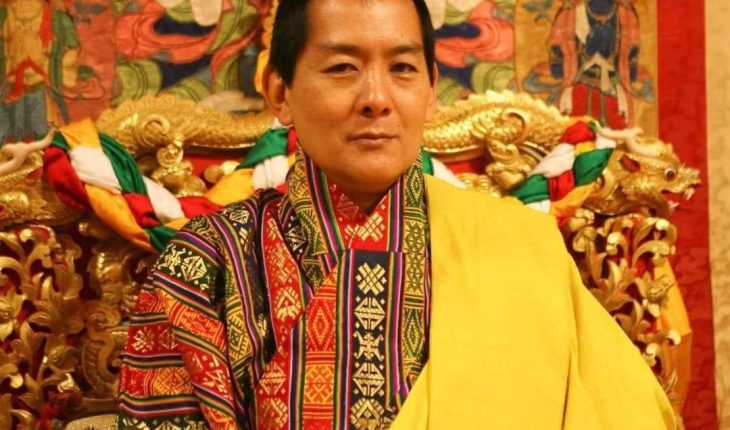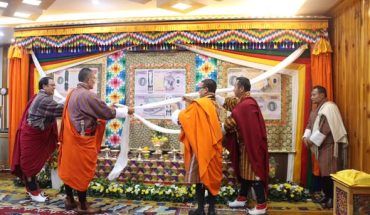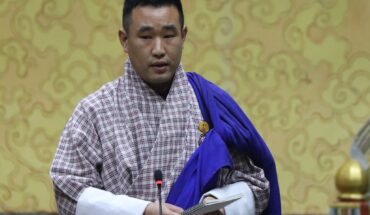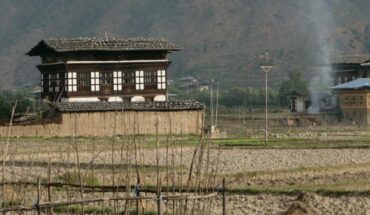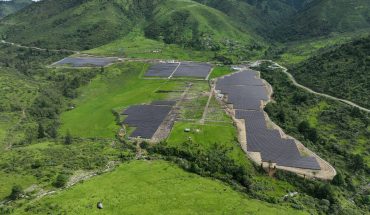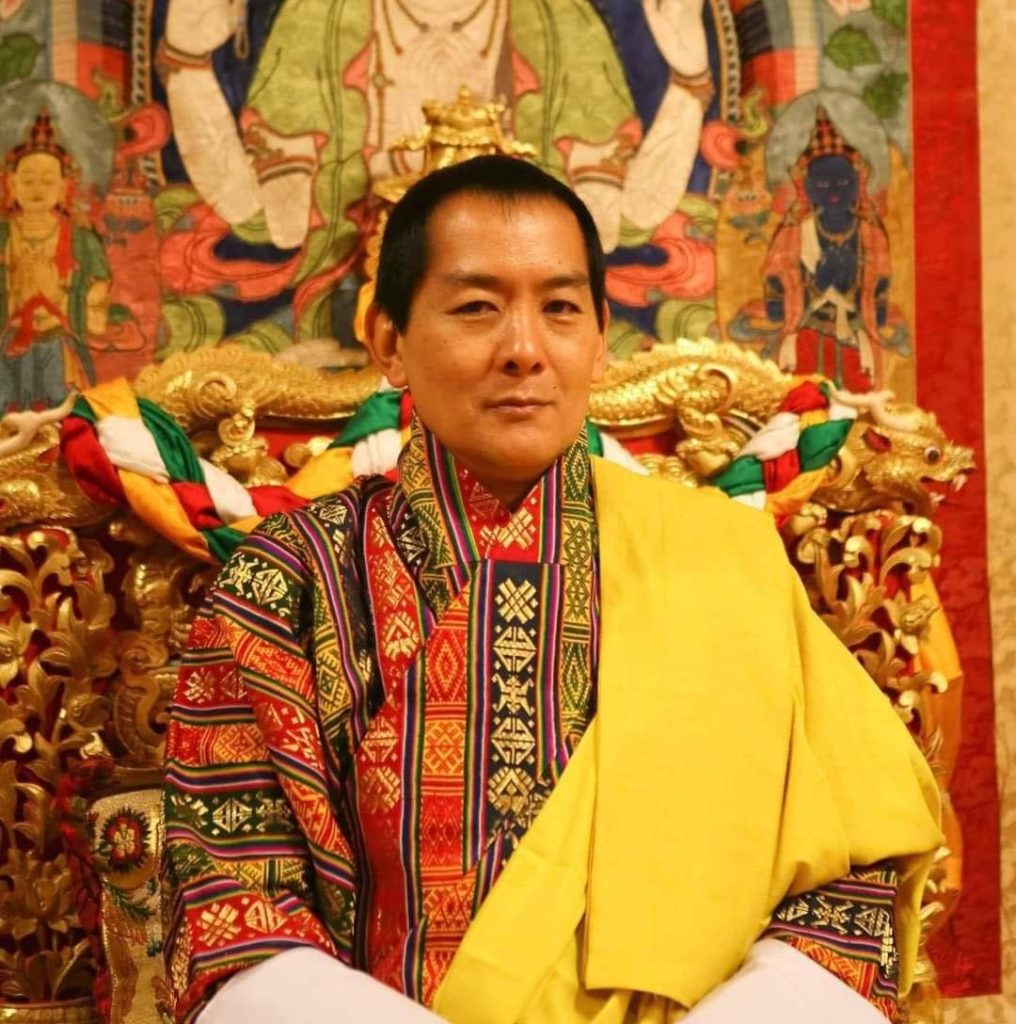
A visionary leader who placed happiness at the heart of Bhutan’s development
KINZANG DORJI TSHERING | Thimphu
His Majesty King Jigme Singye Wangchuck, the Fourth Druk Gyalpo, is widely regarded as one of the most visionary leaders in modern Bhutanese history.
Known as The Great Fourth, His Majesty ascended the throne in 1972 at the young age of 16, following the untimely passing of His Majesty King Jigme Dorji Wangchuck. Despite his youth, His Majesty quickly became a transformative figure, guiding Bhutan through a period of cautious modernization while preserving the nation’s unique culture, traditions, and natural environment.
Central to His Majesty’s leadership was his revolutionary philosophy of Gross National Happiness (GNH), a concept that shifted the nation’s understanding of development.
At a time when countries around the world measured progress primarily through economic growth, His Majesty boldly declared, “Gross National Happiness is more important than Gross National Product.” This guiding principle emphasized that material wealth alone cannot guarantee well-being and that true development must focus on the happiness, health, and values of the people.
The philosophy of GNH emerged as a response to the challenges of modernization. Bhutan, long isolated from the wider world, was opening up through education, infrastructure, and international engagement. His Majesty recognized the need to embrace progress without losing Bhutan’s identity.
GNH was framed as a holistic approach to development, ensuring that economic growth, technological advancement, and modernization would never come at the expense of culture, spiritual values, or environmental integrity.
Under GNH , development is measured not only by material wealth but also by four core pillars: sustainable and equitable socio-economic development, conservation of the environment, preservation and promotion of culture, and good governance.
These pillars later expanded into nine domains, including education, health, psychological well-being, community vitality, cultural resilience, and ecological diversity. Together, they form the basis of Bhutan’s policies and planning, guiding national decisions to prioritize long-term happiness over short-term gains.
His Majesty’s vision allowed Bhutan to embrace modern infrastructure, education, and healthcare while preserving cultural heritage. Roads, schools, and hospitals were built in remote areas, connecting communities and improving living standards. Yet, the environment remained protected, and traditional customs, language, and festivals continued to flourish.
This careful balancing act is one of the defining features of GNH, ensuring that Bhutanese society could evolve without losing its soul.
In interviews with Bhutanese citizens, the impact of GNH on everyday life is evident. Kinley Rigzin Jamtso, a Thimphu resident, highlighted the philosophy’s influence on community life.
“It has made Bhutan think differently. Instead of just focusing on making more money, the country cares about making people truly happy and content,” he said.
According to him, GNH encourages protecting nature, keeping culture alive, and fostering strong communities, emphasizing kindness and cooperation among neighbors.
Dorji Phuntsho, another loyal Bhutanese citizen, added that GNH continues to guide young people even as they navigate modern lifestyles.
“Yes, in new ways. Young people might express their culture online or mix modern music with traditional sounds. The core values of respect for nature and community are still there, just adapting to new times,” he said.
Dorji Phuntsho emphasized that GNH provides a framework to assess modernization. “We might get new smart phones, but we also make sure to protect our ancient temples and festivals, finding a balance that doesn’t lose our soul,” he added.
For Thinley Namgay, the philosophy influences both governance and personal responsibility.
“It has given us a national goal that everyone can understand: to be happy and kind. This shapes our choices, from what we teach our children to how our government makes laws, all aiming for a good and meaningful life,” he said.
Thinley Namgay also emphasized that good governance is central to everyday security and stability.
“It means I can trust that my leaders are trying to do what’s best for our happiness, that there is peace and order, and that I have a voice,” he explained.
All three citizens stressed the importance of ordinary Bhutanese contributing to the vision of GNH through small acts of kindness, cultural participation, and environmental stewardship.
They also reflect a broader national ethos of loyalty and dedication to His Majesty, demonstrating how His Majesty’s philosophy is not just a policy but a lived experience that shapes communities.
The world has taken notice of Bhutan’s unique development model. GNH has been discussed at international forums, studied by researchers, and cited as an alternative framework to conventional measures of progress.
Countries struggling with inequality, environmental degradation, and social disconnection have looked to Bhutan as an example of how development can prioritize the well-being of people rather than just material output.
Despite its international acclaim, GNH remains a deeply national philosophy. It guides the Bhutanese government in planning infrastructure projects, designing educational curricula, and implementing healthcare policies.
It also encourages citizens to cultivate a sense of belonging, compassion, and responsibility toward their communities.
Even decades after its introduction, GNH continues to influence Bhutan under the reign of His Majesty King, the Fifth Druk Gyalpo.
Programs and policies are continually refined to address modern challenges such as urbanization, technology adoption, and climate change while maintaining the core values of happiness, balance, and cultural integrity.
For the citizens, GNH is more than a concept — it is a daily guide.
Kinley Rigzin Jamtso, Dorji Phuntsho, and Thinley Namgay represent ordinary Bhutanese who carry forward the Great Fourth’s vision through their daily actions, from environmental protection to community support and cultural engagement.
Their reflections illustrate that the philosophy of GNH has transcended generations, remaining relevant even as Bhutan navigates a modernizing world.
His Majesty the Great Fourth’s leadership transformed Bhutan from a secluded Himalayan kingdom into a model of sustainable and compassionate development.
By prioritizing happiness, cultural preservation, and environmental protection, His Majesty laid the foundation for a society where citizens feel valued, supported, and proud of their heritage.
As the nation celebrates his legacy, the voices of loyal and dedicated Bhutanese citizens highlight the enduring power of His Majesty’s vision.
Through policies, education, and everyday acts of kindness, His Majesty King Jigme Singye Wangchuck’s philosophy of GNH continues to inspire both individuals and the nation, guiding Bhutan toward a future where progress and happiness walk hand in hand.

